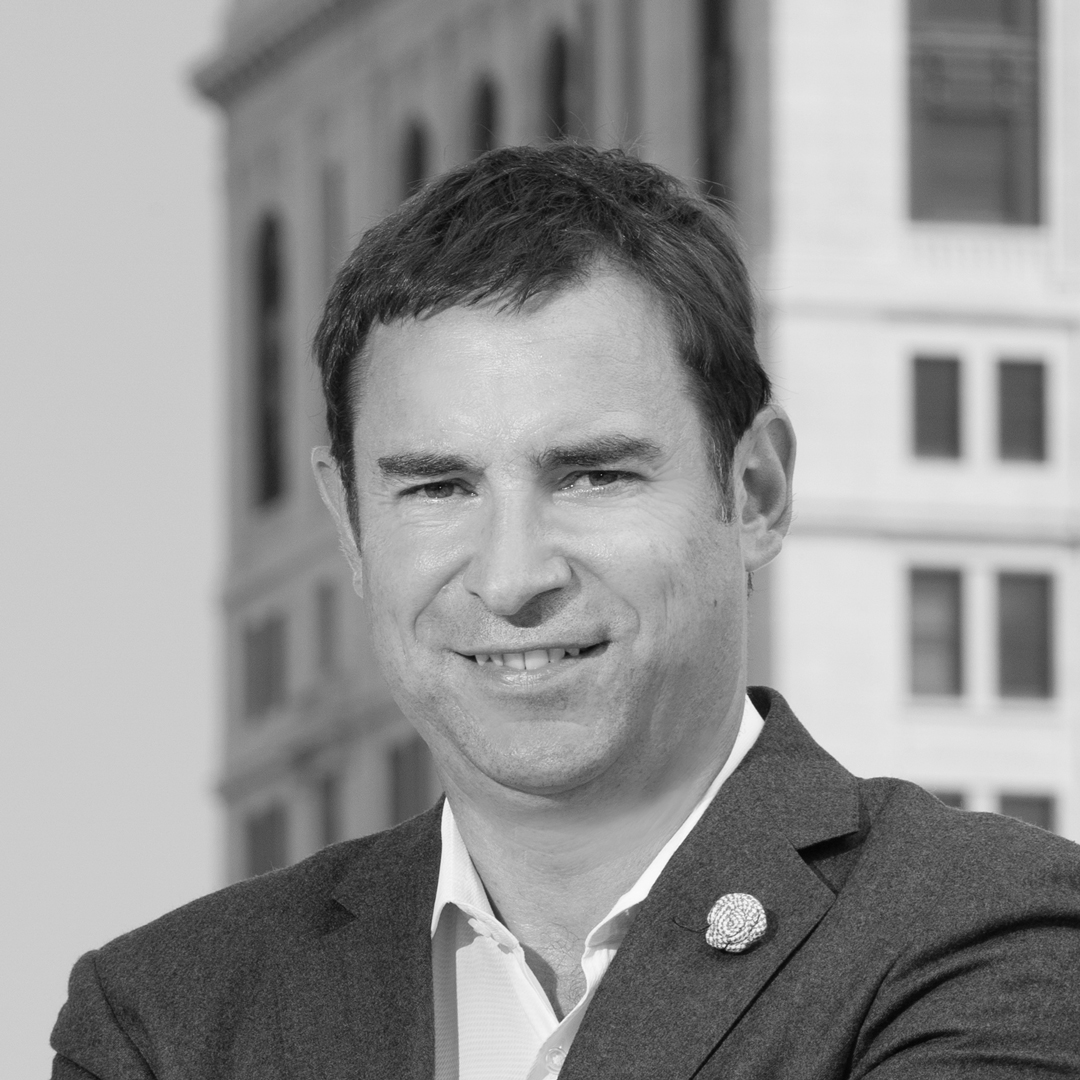“Simple” might not be the first word that comes to mind when you look at Robert Shoemaker’s job description or the rundown of territories in which SUEZ Water Technologies & Solutions operates.
As the chief compliance officer for the Philadelphia-based water technologies and solutions business, Shoemaker is tasked not only with making sure the company and all of its partners operate in line with US regulations, but also in line with the regulations of the more than 120 countries in which SUEZ does business. Roughly 60 percent of the company’s workforce is based outside of the United States, including countries in which bribery and corruption are simply part of everyday life.

For Shoemaker, and a company dedicated to working with customers that range from governments and municipalities to the private sector, that means keeping a close eye on every business partner, every product it ships, and the decisions made by each employee, with no room for error.
“There are places where corruption is de rigueur—it happens all the time at every level of society and, in some cases, it’s expected,” Shoemaker says. “Our employees have to be trained quite thoroughly that it’s just not how we do business. For us, it’s about having a strategy to build the right culture, and continuously reinforce this with our teams. We’re fully willing to walk away from a deal if it involves corruption, bad actors, or violates the law.”
The training isn’t a simple handout or rundown of company rules on a new employee’s first day of work. It’s a constant investment on the part of Shoemaker and his team, and it permeates every level of the company, from new hires all the way up to the CEO. In addition to constant compliance training and processes that include expense pre-approval processes and hotlines when someone suspects a possible act of corruption, Shoemaker and his team push quarterly reviews with SUEZ leadership to reinforce the importance of the company’s ethics and culture to a workforce that tallies more than 100,000 employees and third parties worldwide.
The key to making that work is efficiency—or at least to be as efficient as a company can be in an environment riddled with risk, myriad law changes across multiple international borders, and the potential for bureaucracy threatening to hold up business. Although the simple approach might be to consider a one-size-fits-all process that leaves no room for question or error, Shoemaker says business is more nuanced than that. What one department at SUEZ deals with might be something another department never faces, and an effective program needs to account for this.
So, Shoemaker and his team tore down the bureaucratic walls that might have held up work in the past and tailored solutions and answers for departments throughout SUEZ in how they go to market. The result has been improved performance in a number of the company’s key metrics. But Shoemaker is the first to admit the system isn’t foolproof—nor can it be.
“An organization needs to understand that failures are going to happen,” he says. “If you want zero risk, then everyone stays home in the morning and no one comes to the office. There’s no such thing as a zero-risk organization. Our job is to ensure everyone is aware of the rules, and make sure we don’t have failures that harm the business. Now and then, we’ll have a bad actor that makes a bad decision and we have an effective response for that, but you can’t have a policy or process that covers absolutely every conceivable scenario.”
Indeed, sometimes you have to improvise and find the answer when the question presents itself. For example, the WTS Business—along with Shoemaker’s team—used to be a part of General Electric until SUEZ acquired it. Although big picture changes didn’t seem too complex—Shoemaker was familiar with the risk associated with working on several international fronts within GE—the smaller-level issues quickly began to present themselves with the changeover.
For instance, GE previously provided the department with due diligence services, and now that work has been transitioned in-house. GE had an elaborate training program that Shoemaker had to rebuild from scratch after the acquisition. Either task on its own could present a logistical problem for most companies.
“Our diligence program isn’t just on all of our customers, but also on our business partners, suppliers, third parties—any party that touches our business.,” Shoemaker explains. “We’ll do a risk-based, and sometimes heightened level of diligence, so that we can understand applicable sanctions, whether the external party has any adverse media reports, a reputation of bribery or corruption in the marketplace, whether they use child labor—anything and everything.”
What makes it possible for Shoemaker and SUEZ, he says, is the buy-in from the company’s leadership. With a reputation for excellence to uphold, the investment in doing everything SUEZ can to ensure it doesn’t have a compliance failure has never been questioned. Of course, with Shoemaker running a tight ship built on efficiency and efficacy, that’s no surprise. Having spent decades as part of GE’s compliance team, he has the highest expectations for his program and his business.
“I’m an engineer by trade, so I have a natural tendency to like to build things and put things together,” Shoemaker says. “I like building things that are efficient and simple, but also robust. If you make a process or solution too complex, people will actively work to avoid it. That’s the worst-case scenario. You want something that people can see the value in, and that’s what I want my team to build and deliver.”
Robert Shoemaker on Building Out Efficacy in Budapest
“We’ve been able to build a due-diligence shared service in Hungary in just a few months that consists of five people who service the entire globe for due diligence on over 100,000 customers, suppliers, third parties, and other partners. It’s a one-stop shop that any part of the business can plug into. If you’re working in sales in the UK, you can plug into the shared service just as easily as if you’re looking over an Excel spreadsheet for the finance team in India.”
Photos: Norbert Bánhalmi
The Dun & Bradstreet Data Cloud has 300M+ business records and covers 220+ countries and territories. Corporate linkage data enables comprehensive due diligence, and beneficial ownership unlocks over 110 million relationships, through 97 million shareholders on 66 million D-U-N-S® Numbers, keeping you in compliance with ABAC, AML, and other regulations.

